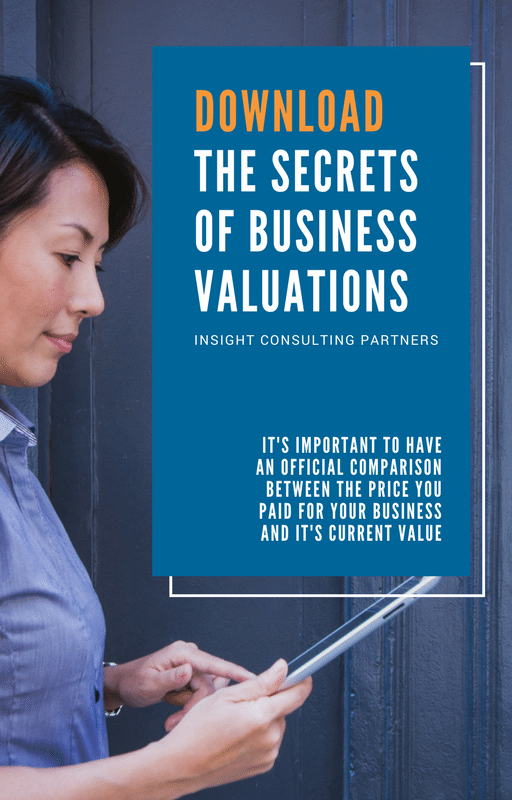Purchasing or selling a business can be a significant undertaking, and assessing the value is crucial for both parties involved. While the business value is often perceived as the sum of its tangible assets, intangible factors and future potential play equally important roles in assessing the value.
Key Factors Influencing Business Viability
Several factors contribute to a business’s viability and, consequently, its market value:
- Circumstances of the Sale: The reasons behind selling a business can significantly impact its value. Forced sales, often driven by urgency or financial distress, may result in lower valuations. Conversely, businesses sold through well-planned exits tend to fetch higher prices.
- Tangible versus Intangible Assets: Businesses with substantial tangible assets, such as property, machinery, or inventory, have a more readily identifiable value. Intangible assets, such as brand reputation, customer loyalty, and intellectual property, while less tangible, can contribute significantly to a business’s worth.
- Years of Operation: A business’s track record, established customer base, and consistent cash flow are often indicators of its long-term viability. Businesses with a proven history tend to command higher valuations.
Methods for Assessing the Value of a Business
While there is no single definitive method for valuing a business, various approaches provide insights into its worth:
- Asset Valuation: This method involves calculating the net value of a business’s assets by subtracting liabilities from the total asset value. It provides a baseline valuation for businesses with substantial tangible assets.
- Price Earnings (P/E) Ratio: This method compares a business’s earnings after tax to its current market price. The P/E ratio reflects investor expectations of the business’s future profitability.
- Entry Cost Valuation: This approach estimates the cost of establishing a similar business from scratch. It provides a comparative valuation by considering the expenses involved in replicating the business’s assets, customer base, and operations.
- Industry Rules of Thumb: In certain industries, specific valuation metrics, such as turnover multiples or customer base multiples, are commonly used. These industry-specific benchmarks provide relative valuations.
Considerations Beyond Financial Metrics
Beyond financial metrics, several intangible factors can significantly impact how you go about assessing the value:
- Key Relationships: Strong relationships with customers, suppliers, or industry partners can enhance a business’s value.
- Management Stability: A stable and experienced management team can increase a business’s attractiveness to potential buyers.
- Intellectual Property: Ownership of patents, copyrights, or trademarks can add significant value to a business.
- Future Growth Potential: Investors may place a premium on businesses with promising growth prospects.
Read our other blog post: Top 10 Strategies to Boost Business Value
Connect with our expert valuer, Adrien Giraud, to learn more about assessing the value of your business.


